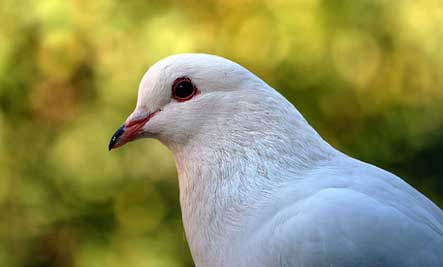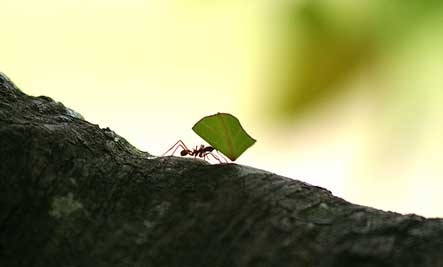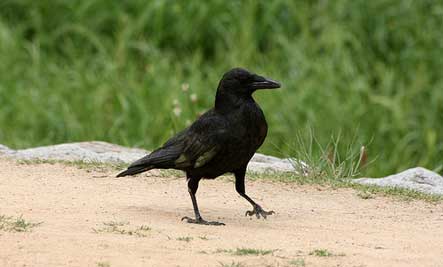It doesn't at first seem logical to put a tree in such a notoriously cramped space, but a dwarf lemon tree can work in many dorm rooms. The trees can grow up to six feet tall in good conditions, so they might require a bit of pruning to keep them to a reasonable size. But it's worth the effort for the gorgeous yellow lemons that come all year and delicious citrus smell.
It's the hour before your chemistry final, and you're nervous to the point of nausea as you pour over your notes one last time. For an easy, natural, and healthy way to relieve the stress, look to mint. Crush or chew on a mint leaf to emit a strong aroma that can calm nerves, ease nausea and sore throats, and freshen breath by killing germs.
Lavender plants are colorful and fragrant and a great way to freshen up a dorm room. To spread the yummy lavender scent around the room, you can dry out flowers to make sachets for drawers and closets.

Consider your aloe vera plant your own personal pharmacy -- at least for skin irritations like sunburns. Just break open a leaf and squeeze out some liquid for instant relief. Aloe vera plants are perfect for rooms that don't get much sunlight (the leaves start to turn brown if they're in the sun too long), and don't require much watering.
African violets are the perfect dorm room flower. They're small enough to fit on a windowsill, don't require much water and can grow in a variety of temperatures. And the flower isn't just known for its beauty, it's also known to clean the air of pollutants to leave you with a healthier indoor environment. Buy African violet plugs at local nurseries or online.
Successfully taking care of a cactus is one of those out-of-the-classroom tests that helps you discover a little more about yourself. In this case, if it dies you'll know you're less nurturing than a desert. The only basic guideline: Don't overwater.







